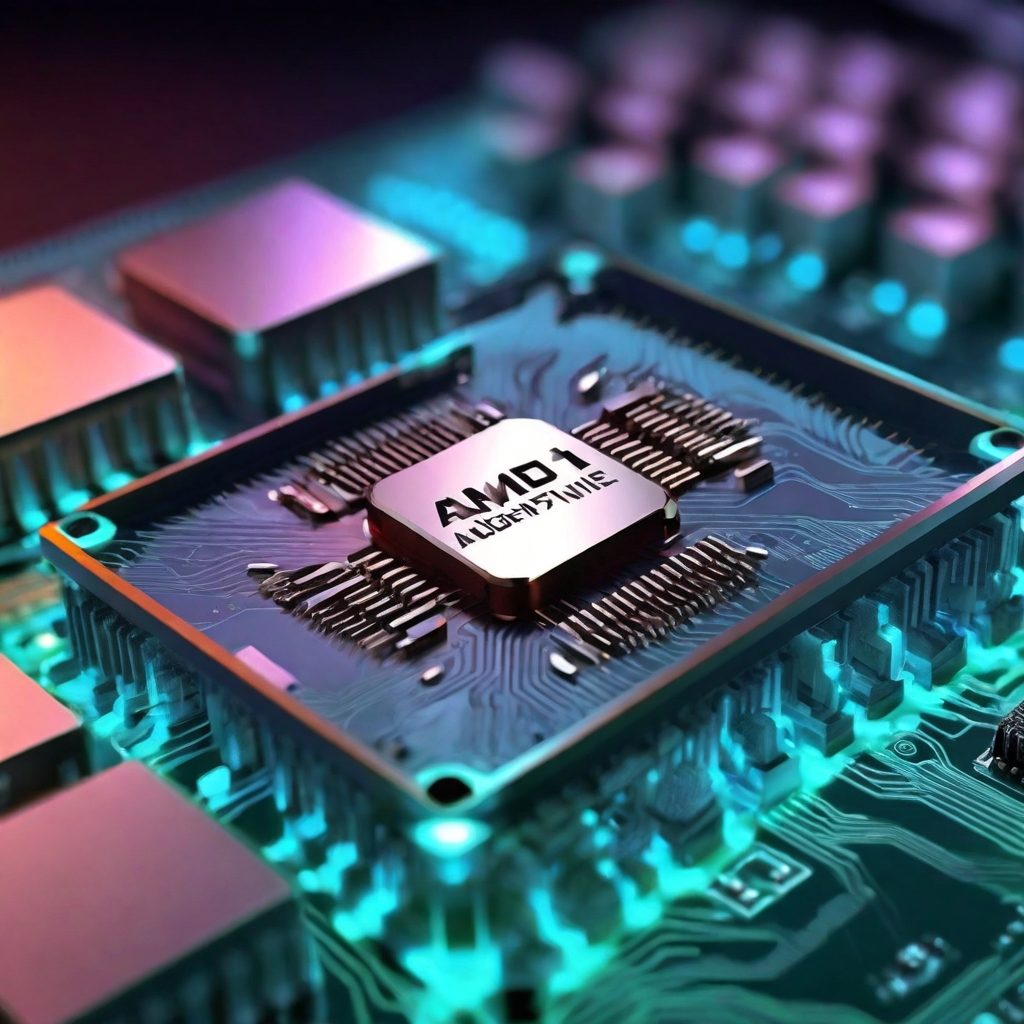A group of prominent authors in the United States, including Pulitzer Prize winner Michael Chabon, has filed a federal lawsuit against OpenAI, the creator of the popular artificial intelligence-powered chatbot ChatGPT. The lawsuit, submitted in San Francisco, alleges that OpenAI misused their written works without permission to educate ChatGPT in responding to human text prompts.
Michael Chabon, known for his Pulitzer Prize-winning literary achievements, playwright David Henry Hwang, and acclaimed authors Matthew Klam, Rachel Louise Snyder, and Ayelet Waldman are among the plaintiffs in this legal action. They contend that OpenAI copied their creative works without obtaining proper authorization to instruct ChatGPT in generating text-based responses.
No immediate response from OpenAI
Representatives and legal counsel for Michael Chabon and the other authors have commented on the lawsuit. At the same time, OpenAI has not issued an official response to requests for comment from Reuters. This legal action marks the third proposed copyright-infringement class action filed by authors against OpenAI, a company that has enjoyed support from industry giants like Microsoft.
It is worth noting that various companies, including Microsoft, Meta Platforms, and Stability AI, have also faced lawsuits from copyright owners regarding using their intellectual property in training artificial intelligence models. These legal battles underscore the growing concerns surrounding using copyrighted materials in AI development.
AI training and fair use arguments
OpenAI and other technology companies have consistently argued that their AI training processes fall within the bounds of fair use when it comes to copyrighted material obtained from the internet. This debate over fair use is central to the ongoing legal disputes between content creators and AI developers.
ChatGPT has achieved remarkable success in terms of user adoption. Earlier this year, it became the fastest-growing consumer application in history, boasting 100 million monthly active users in January. However, its meteoric rise was subsequently overshadowed by Meta’s Threads app.
Value of high-quality written works
The authors in the lawsuit assert that works such as books, plays, and articles are of particular value for ChatGPT’s training. They argue that these materials represent the epitome of high-quality, long-form writing, making them essential for shaping the AI’s capabilities.
The crux of the authors’ complaint revolves around their contention that OpenAI included their copyrighted writings in ChatGPT’s training dataset without securing the necessary permissions. Furthermore, they argue that ChatGPT can accurately summarize their works and produce text that closely emulates their unique writing styles.
Legal remedies sought
In their lawsuit, the authors seek unspecified monetary damages and an injunction to prohibit what they describe as OpenAI’s “unlawful and unfair business practices.” The legal action addresses what the authors perceive as a breach of their intellectual property rights.
This lawsuit adds to the growing legal scrutiny faced by OpenAI, as U.S. regulators are concurrently investigating the company concerning issues related to data privacy and the accuracy of responses provided by its AI systems.
As the debate surrounding copyright infringement in AI training intensifies, the lawsuit by Michael Chabon, David Henry Hwang, and their fellow authors against OpenAI highlights the complex legal terrain that content creators and technology companies must navigate. The outcome of this legal battle could have significant implications for the future development and use of AI-powered applications like ChatGPT, raising questions about the boundaries of fair use and intellectual property rights in the digital age.





